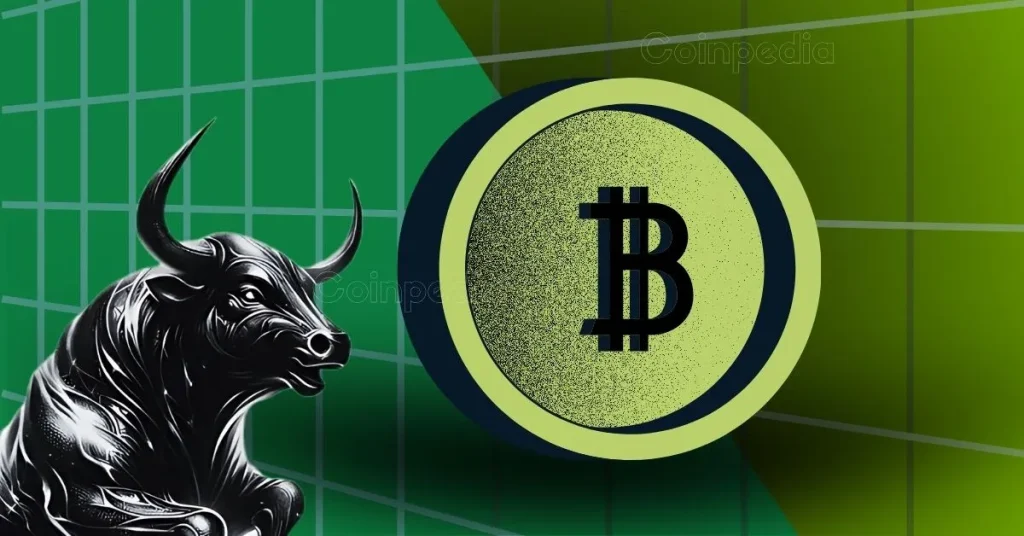
The post Will Bitcoin Price Hit $100K This Week or Crash Again? appeared first on Coinpedia Fintech News
Bitcoin has re-entered bullish territory, surging above the $93,000 mark, as its price continues to climb, confirming a powerful upside trend. This move aligns with 10x Research’s prediction, which turned bullish on April 12. Since then, BTC has gained over 10%, with the next key resistance level between $94,000 and $95,000. A clean breakout from this zone could pave the way for Bitcoin to hit six figures, fueling further optimism in the market.
Echoing this sentiment, Michaël van de Poppe highlighted Bitcoin’s strong uptrend, pointing to the breakout above $87,000 as the catalyst for testing the $92,000 to $94,000 range. He expects some short-term consolidation between $93,500 and $95,250 but remains bullish, suggesting the possibility of a fresh rally toward new all-time highs.
Institutional Inflows Drive Bullish Sentiment
Driving this bullish momentum are significant ETF inflows, with Bitcoin ETFs experiencing their best day since January 17, 2025, potentially attracting over $1 billion. 10x Research’s Money Inflows Indicator has also shown a sharp rise in institutional interest, with cumulative inflows reaching $146.3 billion since January. This growing confidence among institutional players is adding fuel to the rally.
The futures markets have also seen a surge, with open interest climbing from $22 billion to $29 billion. This increase in leverage suggests that buying pressure remains high as investors become more confident in Bitcoin’s potential. The fading political tension, following Trump’s softer stance on tariffs and interest rates, further contributes to the risk-on sentiment.
Stablecoin Activity Still Lagging, But Hopeful Outlook
However, analysts remain cautious, noting that stablecoin activity is still not at full strength. Stablecoins are often used to purchase cryptocurrencies, and their slower pace of minting could raise concerns about the sustainability of the rally. Nevertheless, stablecoin inflows have started to pick up, and any decrease in uncertainty could reignite liquidity across the board.
Path to $100K: Institutional Demand Supports Rally
With strong technical indicators, rising institutional inflows, and a favorable political climate, Bitcoin is well-positioned to break through resistance levels. A push above $95,000 could trigger liquidations, adding more fuel to the rally. Major institutions, including Fidelity, BlackRock, ARK Invest, and Bitwise, are actively accumulating Bitcoin, reinforcing its bullish outlook and increasing the likelihood of Bitcoin reaching the $100,000 mark soon.
Never Miss a Beat in the Crypto World!
Stay ahead with breaking news, expert analysis, and real-time updates on the latest trends in Bitcoin, altcoins, DeFi, NFTs, and more.









